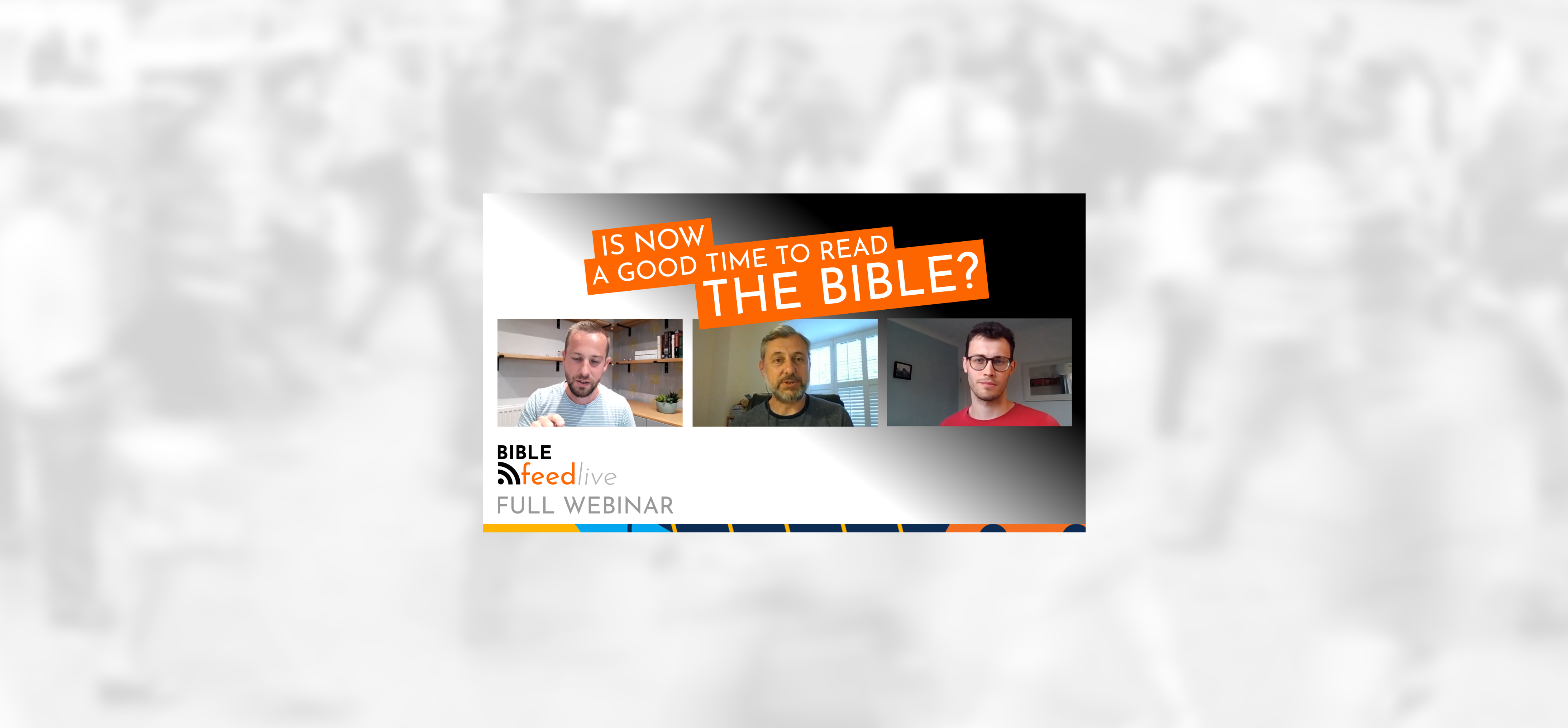In this episode Dan chats with Professor Anna Whittaker about her expertise and how it relates to the Bible. There is plenty to learn from Jesus about stress and anxiety. He knows from experience of course, because he endured acute times of stress himself.
The first book of the New Testament is packed full of insight about Jesus, God, the problem with humanity and God's kingdom that Jesus announced. If you want to understand what the Bible and Christianity is really about, you can't go wrong starting with the gospel of Matthew.
There's so much that could be said about the record of Jesus' crucifixion and resurrection so we focus this discussion on just one phrase that Jesus said on the cross. It's a heart wrenching moment, but what we think he meant is guided by who we think Jesus is. We explore the narrative, the Psalm in the background and end up with the reflections of the Apostle Paul and the conclusion of Matthew's gospel with the glory of the resurrection.
Who is Jesus? This gets to the heart of the gospel, so we think about what it means for Jesus to be Son of Man, Son of God, Son of David and Christ.
When Jesus says "the Kingdom of Heaven is at hand!" what kind of kingdom is he talking about? Is heaven a location or something else? Dan and Laurence discover that the kingdom concept is deeply rooted in the message of Israel's ancient prophets while also carrying a timeless call to action.
John's gospel climaxes when a series of people come to belief in Jesus. What’s fascinating is the different stages of belief that each individual represents - from scepticism to an embracing conviction and everything in between.
Paul and Dan take another look into how the Bible narrative and the prophets intersect with history, this time focusing on the city of Tyre. Starting with a historical source that every Bible student should be familiar with, Asterix the Gaul, they take a deeper look at a short passage about the island fortress from the prophet Ezekiel.
Laurence and Dan continue their exploration of the Gospel of Matthew. This time they take a journey into the wilderness and, through the text of Matthew 4, they witness a strange encounter between the newly baptised Jesus and "the devil", the tempter, or satan. Who or what is this character? Is it a person or a being of some sort? As they explore the text they discover a number of 'flags' which indicate that all is not as it may seem at first sight. Intrigued?! Listen in to hear how their enquiries lead to a compelling explanation!
The legacy of Jesus of Nazareth is felt today in all kinds of ways, in religion, in culture, music and art. But what about the question that Christians and others have been asking and debating for centuries – Did Jesus pre-exist? Was he alive in some sense before being born into a quiet small town in Israel about 2000 years ago? And if that question is answered with a yes or with a no, does it change anything for Christians?
What motivates us to read the Bible now? Is it relevant for today's modern world? And where might be a good place to start? We had a fascinating Bible Feed Live conversation that covered topics ranging from how the Covid-19 crisis has prompted displays of both human selflessness and human selfishness to the depiction of human brutality in the event of the crucifixion of Jesus. We talked about how the Bible presents solutions to the problem of mortality, wrestled with the fact that God is however largely hidden, and gave a good number of tips on where to start along with some resources to help you.




